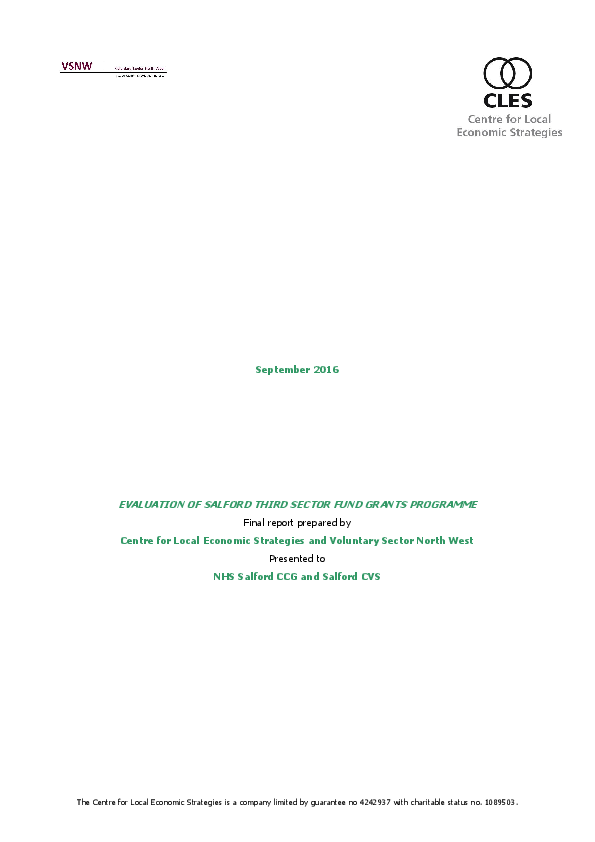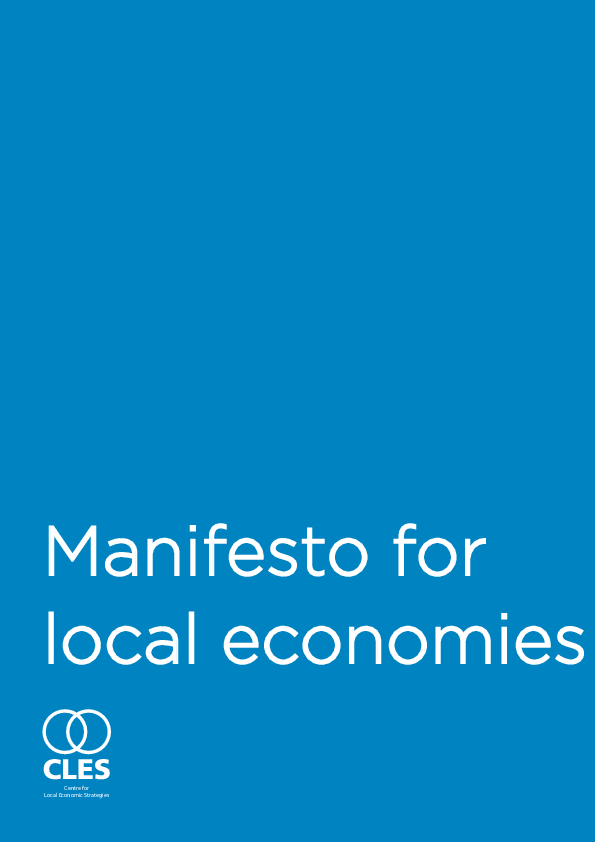Does it work?
Measuring impact for community wealth building
This blog originally appeared on the MJ.
Does it work? As the UK’s lead organisation for community wealth building, that’s the question we’re asked most frequently as the approach continues its advance into the mainstream of economic development.
Determining the effectiveness of real-world interventions like community wealth building is notoriously hard. Unlike testing new drugs, where randomised control trials can be used to attribute cause and effect, determining the impact of community wealth building on a local population has to be attempted in the context of the world around us – with all the messiness that entails.
“a positive impact on [the] health and wellbeing”
But, while this is challenging, it’s not impossible. A new paper published in the Lancet Public Health last week by the University of Liverpool, University of Central Lancashire, Lancaster University and us here at CLES, shows that community wealth building in the city of Preston is having a positive impact on the health and wellbeing of its residents.
“3% decline in antidepressant prescribing”
Our research found that during the period in which Preston’s community wealth building programme was introduced, there were fewer mental health problems than would have been expected compared to other similar areas, as life satisfaction and economic measures improved. The introduction of the programme was associated with a 3% decline in antidepressant prescribing, and a 2% decline in the prevalence of depression, along with a 9% improvement in life satisfaction, and an 11% increase in wages, compared to expected trends.









